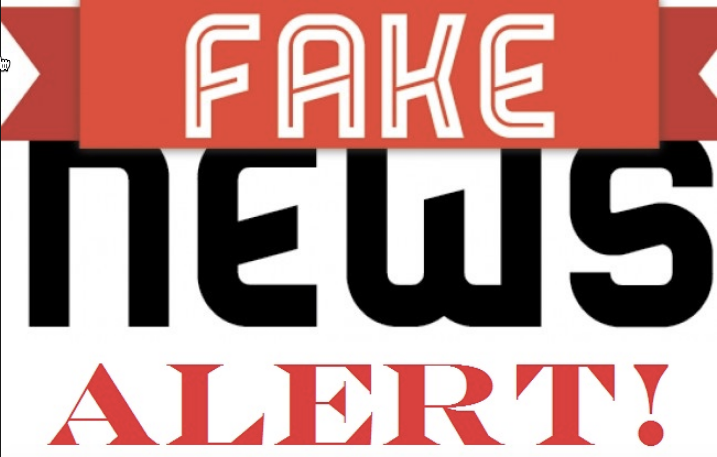What is Facebook to do?
Facebook’s strategy is vacuous, evanescent, lip service; a public relations exercise that makes no substantive attempt to address a serious problem.
But the problem is not unassailable. The key to reducing inaccurate perceptions is to redesign technologies to encourage more accurate perception. Facebook can do this by developing a propaganda filter — something like a spam filter for lies.
Facebook may object to becoming an “arbiter of truth”. But coming from a company that censors historic photos and comedians calling for social justice, this sounds disingenuous.
Nonetheless, Facebook has a point. To avoid accusations of bias, it should not create the propaganda filter itself. It should simply fund researchers in artificial intelligence, software engineering, journalism and design to develop an open-source propaganda filter that anyone can use.
Why should Facebook pay? Because it profits from spreading propaganda, that’s why.
Sure, people will try to game the filter, but it will still work. Spam is frequently riddled with typos, grammatical errors and circumlocution not only because it’s often written by non-native English speakers but also because the weird writing is necessary to bypass spam filters.
If the propaganda filter has a similar effect, weird writing will make the fake news that slips through more obvious. Better yet, an effective propaganda filter would actively encourage journalistic best practices such as citing primary sources.
Developing a such a tool won’t be easy. It could take years and several million dollars to refine. But Facebook made over US$8 billion last quarter, so Mark Zuckerberg can surely afford it.
Paul Ralph, Senior Lecturer in Computer Science, University of Auckland
This article was originally published on The Conversation. Read the original article.




